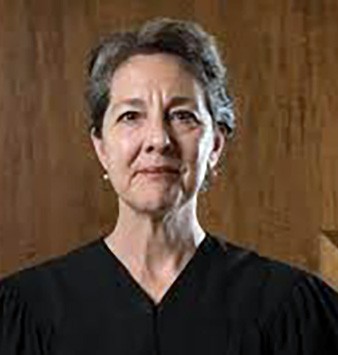
Chancellor Lyle
As the time to actually cast votes grows ever nearer, the battle continues between exponents of pandemic-related mail-in voting and resisting forces in state government.
Petitioners for the mail-in process gained at least a temporary victory this week in the form of a new order from Nashville Chancellor Ellen Hobbs Lyle to state and local election authorities to include clear and explicit language on any public advisories regarding eligibility for mail-in voting permission to apply on the basis of “underlying
medical or health conditions which in their determination render them more susceptible to contracting COVID-19 or at greater risk should they contract it” [italics ours].
The order also requires an explicit acknowledgement of eligibility for caretakers of “persons who have underlying medical or health conditions which in their determination render them more susceptible to contracting COVID-19 or at greater risk should they contract it.” It also requires the State to ensure that county election officials use the same language in their instructions to voters.
Chancellor Lyle’s order requires that state Election Coordinator Mark Goins file “a Declaration with this Court by noon, September 1, 2020” that the order has been complied with.
The order was in response to a petition from plaintiffs Up the Vote 901, a group of Memphians (as well as the ACLU), that states election officials had not followed through on instructions from the state Supreme Court, which, in dismissing a temporary injunction
by Chancellor Lyle requiring universal mail-in eligibility, directed election authorities to make public the fact of eligibility in language like that quoted above in their public advisories.
The judge noted, as the plaintiffs had, that a spokesperson for the state had made a last-minute concession in the hearing before the High Court that anyone with such an underlying condition or their caretakers could vote absentee, and that individual voters were entitled to determine for themselves their susceptibility to contracting COVID-19.
It now remains to be seen if the state, which has consistently procrastinated in dealing with such directives as Lyle’s or actively resisted them, will avail itself of yet another appeal in relation to the current order.